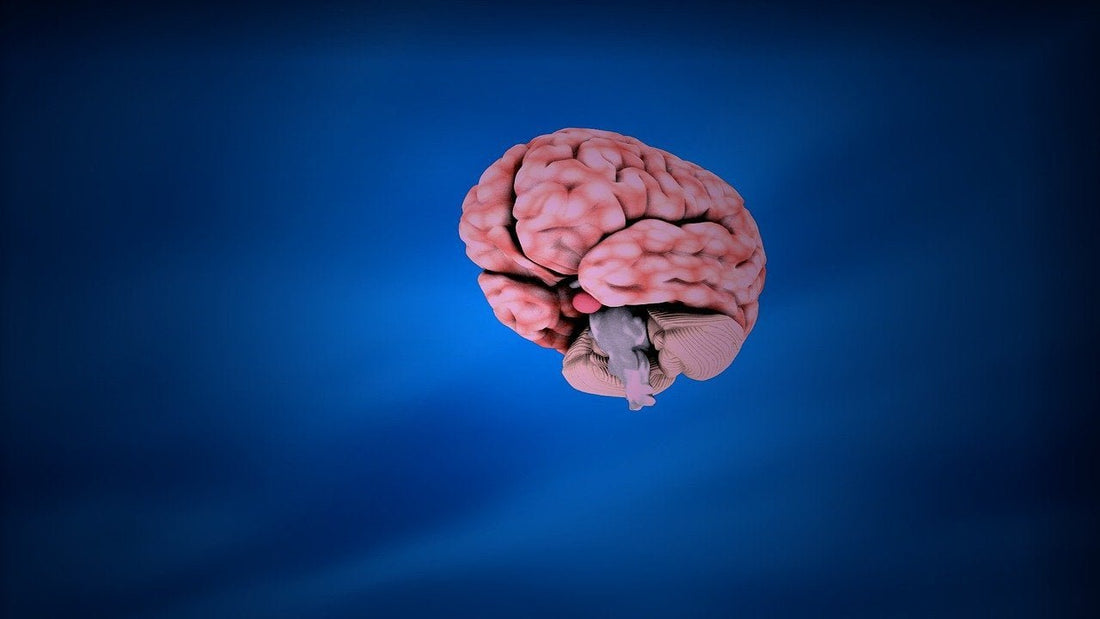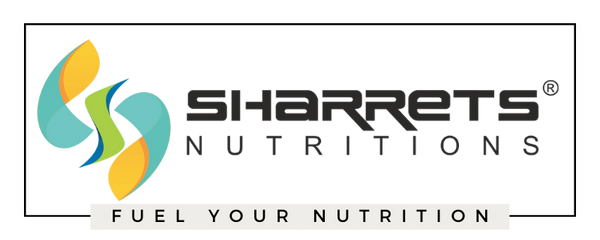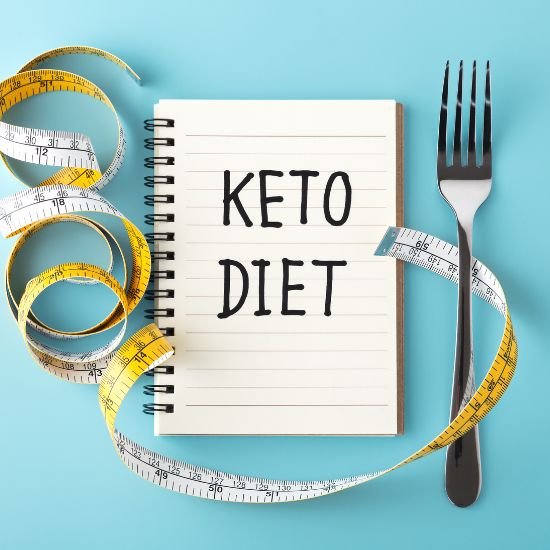
Resveratrol benefits for brain - Is Resveratrol good for brain ?
Share
Is Resveratrol good for Memory ? Benefits of Resveratrol for brain I Resveratrol & Cognitive Health :
Studies indicates that resveratrol could be an effective ingredient in maintaining memory, processing, reasoning and executive function of the brain that may decline in old age populations. Some of the beneficial effects of resveratrol that have been documented are increased blood flow to the brain and improved memory performance.
As the aging population continues to increase there is an unprecedented need for safe, dietary-based interventions to help support and preserve optimal cognitive function.
Resveratrol is an effective ingredient in supporting many key neurological functions in this older population , research shows.
Cognitive performance, a matter of flow and preservation As we age decreased flow to the brain and biological processes such as inflammation, normal neurobiological changes, and diet and lifestyle play a role in the cognitive aging process.1
In addition to physical and mental exercise helping to preserve cognitive performance 2 , current aging populations are seeking specialized nutritional strategies to support memory and cognition.3,4
Resveratrol improves memory performance in older adults
A randomized, double-blind human study showed that a daily dose of 200 mg/day of resveratrol:5
- Improved memory performance and hippocampal functional connectivity in healthy 50 to 75 year olds . A follow up study using resveratrol is ongoing.6
Fourty Six individuals, Twenty Six wks, 200 mg daily, memory performance and hippocampal functional connectivity .
Resveratrol augments cerebral blood flow
Three separate double-blind, placebo-controlled, crossover clinical studies have investigated the role of resveratrol (250-500 mg) in modulating cerebral blood flow. The studies 7-9 agree that resveratrol:
- Alone or in combination with piperine, is able to increase cerebral blood flow parameters (i.e. concentrations of total hemoglobin and deoxyhemoglobin) when taken acutely .
Twenty Two healthy adults, 45 minutes after intake, 250 or 500 mg, cerebral blood flow after cognitive tasks.
Twenty three healthy adults, 28 days, 250 mg resveratrol ± 20 mg piperine, cerebral blood flow .
Sixty young adults, 28 days, 500 mg, cerebral blood flow after cognitive tasks.
Resveratrol enhances cognitive performance in postmenopausal women .
In a randomized, double-blind, placebo-controlled clinical study10 the authors showed that resveratrol:
- Elicited a 17% increase in cerebrovascular responsiveness (CVR)
- Increased cognitive performance (e.g. memory)
- Tended to reduce anxiety and other parameters in the Profile of Mood States (POMS)
80 post-menopausal women, 14 weeks, 75 mg twice daily, neuropsychological test battery & others .
Resveratrol shows effects on Alzheimer’s biomarkers.
In a randomized, double-blind, placebo-controlled clinical study 11,12 the authors showed that resveratrol:
- And its metabolites were well tolerated and crossed the blood–brain barrier
- Reduced the decline in the Alzheimer’s Disease Cooperative Study Activities of Daily Living Scale (ADCS-ADL)
- Slowed the decline in the levels of Aß40 and Aß42
- Regulated the levels of neuro-inflammation while inducing adaptive immunity markers.
119 individuals with mild to moderate AD, 52 weeks, 500 to 2000 mg daily, memory performance, MRI and clinical outcomes .
References1) Deary, I. J. et al. Age-associated cognitive decline. Br. Med. Bull. 92, 135–152 (2009).
2) Kirk-Sanchez, N. J. & McGough, E. L. Physical exercise and cognitive performance in the elderly: current perspectives. Clin. Interv. Aging 9, 51–62 (2014).
3) Barclay, L. Life Extension. 13, 2, 56 (2007). http://www.lifeextension.com/Magazine/2007/2/ report_cognitex
4) Williams, K. and Kemper, S. Exploring Interventions to Reduce Cognitive Decline in Aging. J Psychosoc Nurs Ment Health Serv. 10, 550–567 (2011).
5) Witte, A. V., Kerti, L., Margulies, D. S. & Flöel, A. Effects of resveratrol on memory performance, hippocampal functional connectivity, and glucose metabolism in healthy older adults. J. Neurosci. 34, 7862–70 (2014).
6) Witte, A. V., et al. Impact of Resveratrol on Brain Function and Structure. ClinicalTrials.gov Identifier: NCT02621554 (2017).
7) Kennedy, D. O. et al. Effects of resveratrol on cerebral blood flow variables and cognitive performance in humans: a double-blind, placebo-controlled, crossover. Am. J. Clin. Nutr. 91, 1590–1597 (2010).
8) Wightman, E. L. et al. Effects of resveratrol alone or in combination with piperine on cerebral blood flow parameters and cognitive performance in human subjects: a randomised, double-blind, placebo-controlled, cross-over investigation. Br. J. Nutr. 112, 203–213 (2014).
9) Wightman, E. L. et al. The effects of chronic trans-resveratrol supplementation on aspects of cognitive function, mood, sleep, health and cerebral blood flow in healthy, young humans. Br. J. Nutr. 114, 1427–1437 (2015).
10) Evans, H. M. et al. Effects of Resveratrol on Cognitive Performance, Mood and Cerebrovascular Function in Post-Menopausal Women; A 14-Week Randomised PlaceboControlled Intervention Trial. Nutrients 9, 27 (2017).
11) Turner, R. S. et al. A randomized, double-blind, placebo-controlled trial of resveratrol for Alzheimer disease. Neurology 85, 1383–1391 (2015). 12) Moussa, C. et al. Resveratrol regulates neuro-inflammation and induces adaptive immunity in Alzheimer’s disease. J. Neuroinflammation 14, 1–10 (2017).
13) Howe, P. et. al. Effect of 12-month daily resveratrol supplementation on brain health in post-menopausal women. Trial ID: AC TRN12616000679482p (2017).









